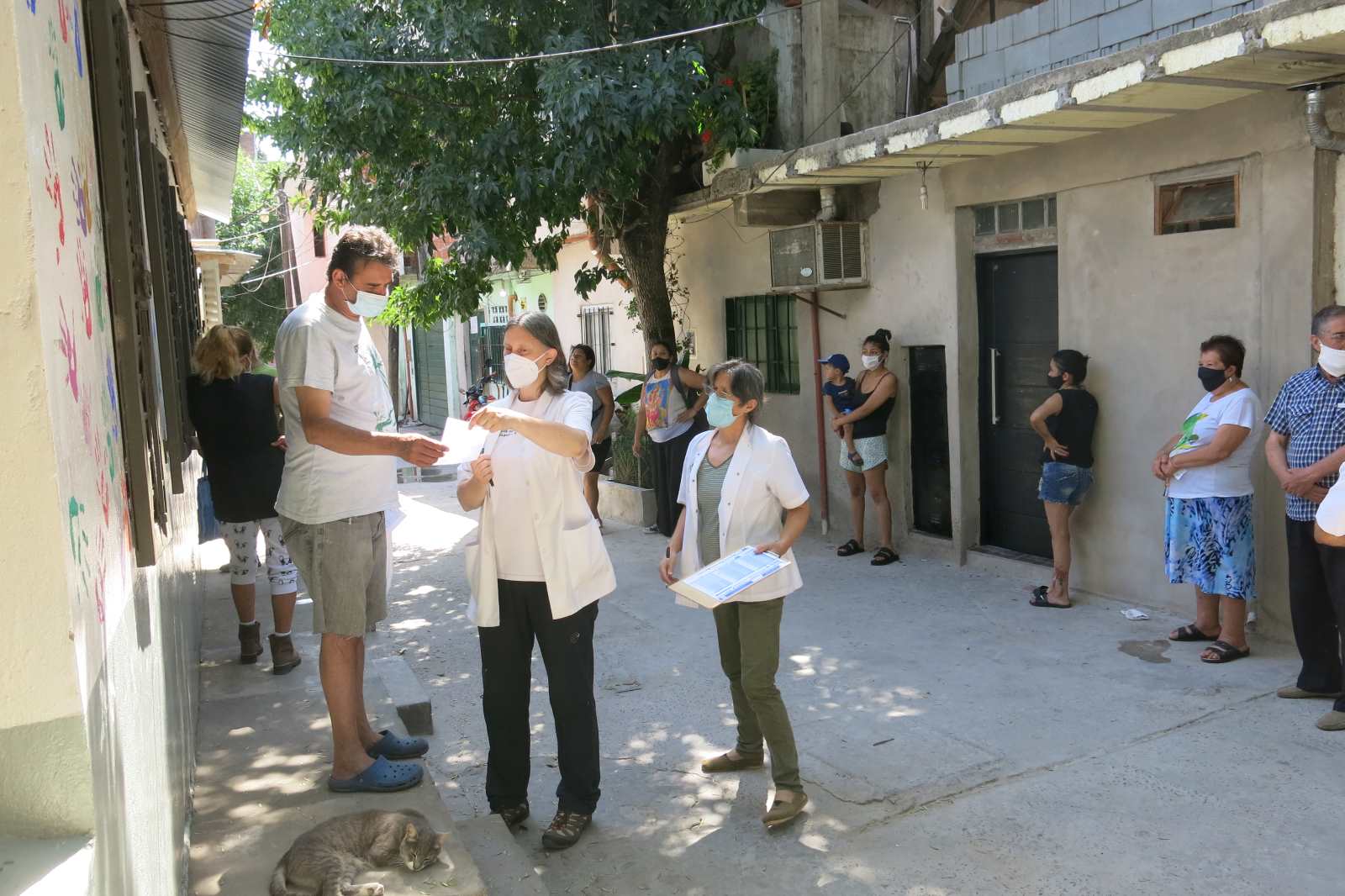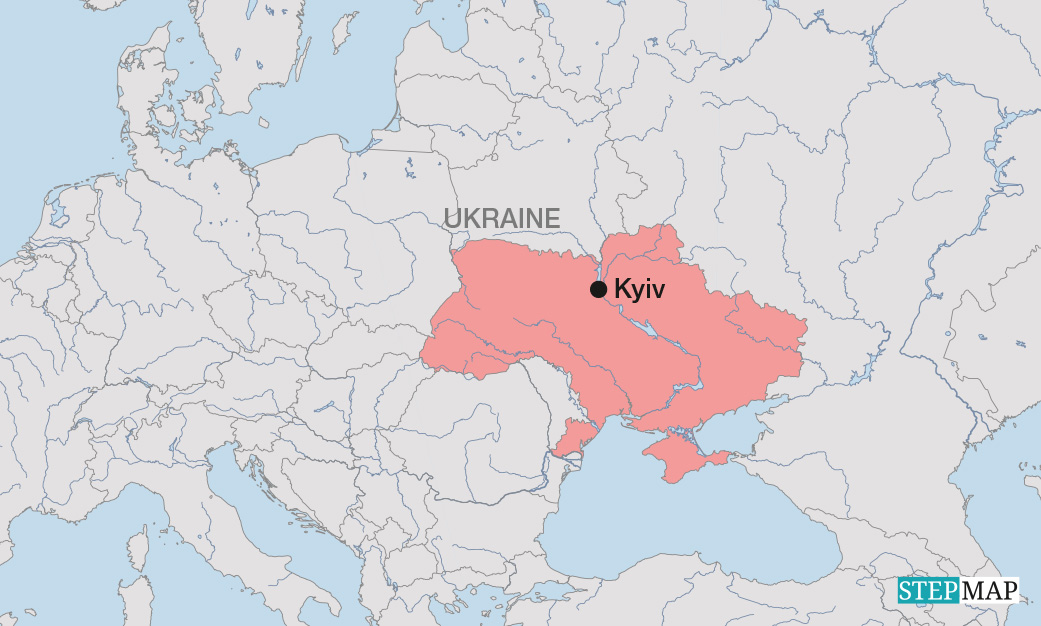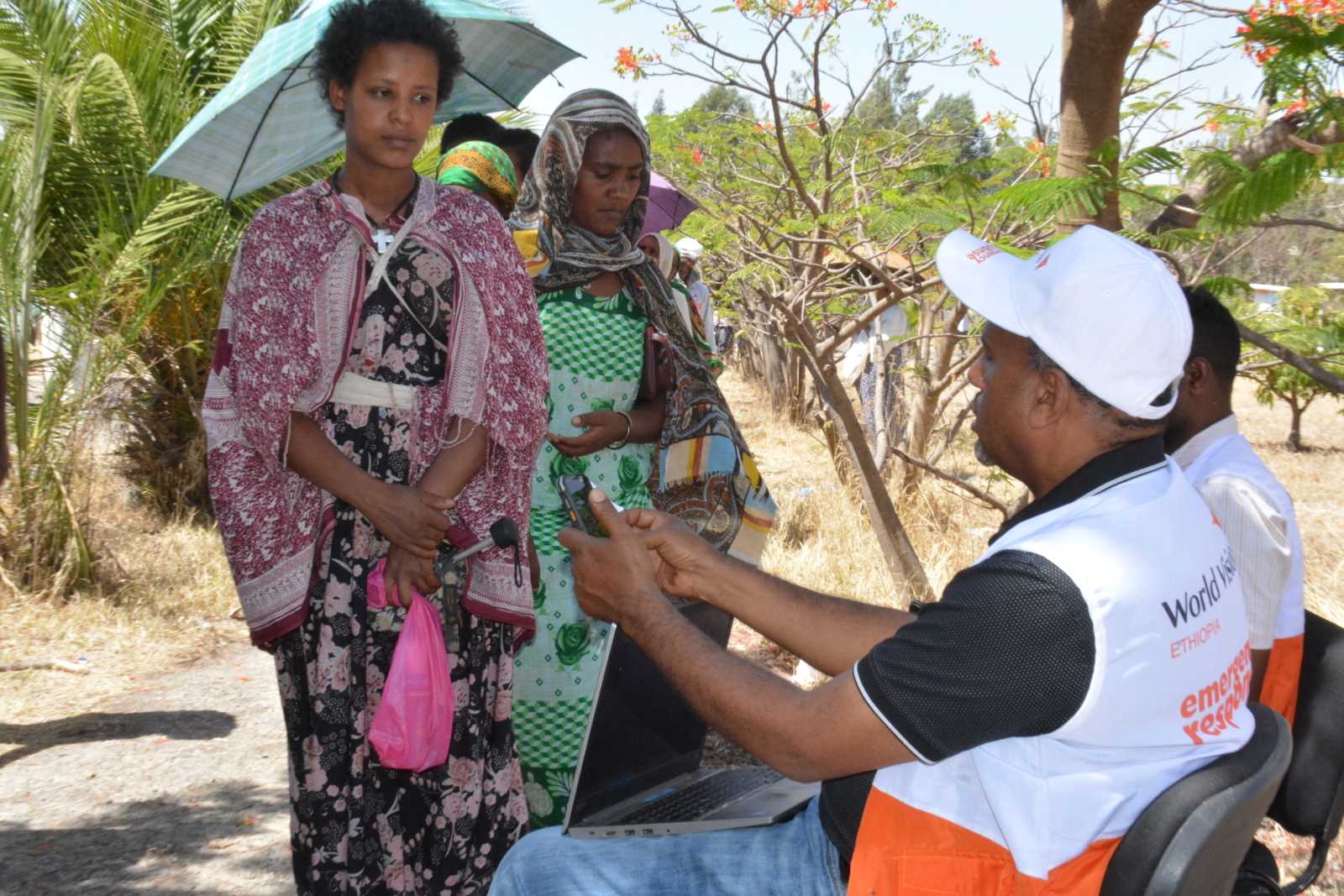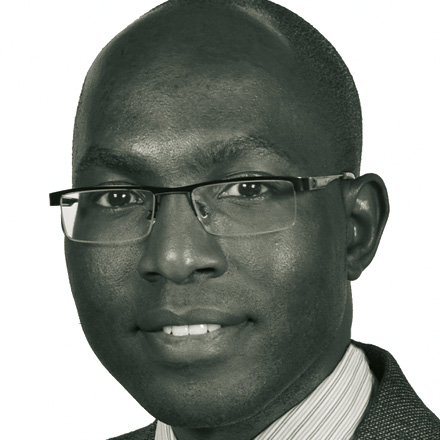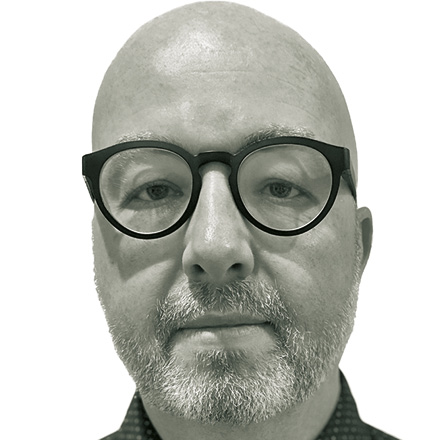Medication supply
Pharmacists Without Borders is facing unprecedented challenges
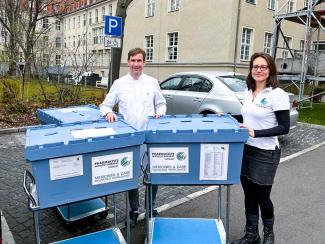
Russia attacked Ukraine on 24 February 2022. For many people, it was unimaginable that there could ever be another war in Europe. Thousands of Ukrainians were killed or injured, while millions were internally displaced or fled abroad. Six months after the war broke out, about a million refugees had registered in Germany alone, most of them women and children.
Within a few days, many non-profit organisations began caring for refugees arriving in Germany or organising shipments of food and clothing into Ukraine. The aid organisation AoG was one of them.
Typically, the Munich-based organization offers timely emergency assistance by collaborating with volunteer pharmacists, such as during the aftermath of cyclone Idai in Mozambique in 2019. AoG also manages long-term projects like the hospital pharmacy at the Benedictine abbey in Hanga, Tanzania.
The Covid-19 pandemic had already put the organisation to the test: it was often impossible to travel abroad to see partners, even though there was an even greater need to provide hygiene services and medication. In 2021, in addition to this, a regional flood disaster occurred in western Germany, prompting the organization to provide emergency relief within its own country after careful consideration.
From the outset, the war in Ukraine presented AoG with unfamiliar challenges again, which raised many questions: Should AoG once more provide emergency assistance in its own country, Germany? What is the legal situation regarding this? How can donations be used quickly and appropriately? Where can AoG find staff? Can it send its emergency personnel into a war zone? How long can emergency assistance be sustained?
“After posting a call for help on Facebook, we had tens of thousands of interactions there, the phone never stopped ringing and a new email arrived every minute,” reports board member Andreas Portugal, who was one of the first to coordinate AoG’s Ukraine relief effort in late February 2022. Requests are made for bandages and antibiotics for acute illnesses and injuries, as well as insulin and cardiovascular drugs for people with chronic diseases. “The government actually didn’t make it difficult for us, but we still had to apply for a separate license to be able to export pharmaceuticals,” Portugal explains.
Every request has to specify exactly what medication is needed, along with the quality and quantity. The recipients on-site have to be professionally qualified and transport into Ukraine has to be secure. Many requests come directly from clinics in Kirovohrad, Lviv, Rivne, Mykolaiv, Kyiv or Kharkiv. “The difference to other projects is that we don’t have any of our own staff in Ukraine, because we don’t send anyone into a war zone on principle”, Portugal says.
However, just a few weeks after war broke out, AoG sent fact-finding teams of two on multiple-day trips to border countries like Poland and Romania. This is the way AoG usually assesses the precise need and finds local partners, but in the case of Ukraine, the war made it impossible to travel to the country itself. Nevertheless, the organisation was able to find new partners via neighbouring countries, such as the Ukrainian pilots’ organisation Air Rescue. AoG also relies on long-standing partners in Ukraine like German Doctors or action medeor.
Risky deliveries
It is not uncommon for AoG’s vans to carry deliveries worth € 10,000, and sometimes they have to be reloaded at the border. The receipt of every delivery is confirmed with photos, emails and phone calls. Using this method, over 160 deliveries have been made to 40 different cities and communities in Ukraine by the end of 2022. Not a single shipment has been lost so far.
According to Portugal, the ongoing high demand is the largest challenge. At the same time, Jochen Schreeck, then chairman of the AoG board, emphasised: “We had never received so many donations.” In the first months of 2022 alone, the organisation had collected € 2 million for Ukraine, which is twice as much as it normally spends in a year on all its projects worldwide.
Donations for Ukraine in Germany are now declining. But Schreeck expects that a lot of money will be needed to rebuild supply structures in Ukraine. Board member Portugal confirms: “We held discussions about whether we should reserve money for long-term projects, but we decided that was unethical.” At least until the end of 2023, the donations that have been received so far should suffice for deliveries to Ukraine. However, long-term projects in countries like the Philippines or Argentina will also have to be taken up with renewed intensity now that Covid-19 restrictions have been lifted.
The aid organisation had to make personnel changes too. During the initial weeks, the project was mostly managed around the clock by three volunteers like Andreas Portugal. However, as of May 2022, this was no longer manageable. Consequently, AoG created three temporary paid positions – a first, which significantly increased the size of the office.
As a founding member, Schreeck knows the organisation well: “We started in 2000, because we wanted to better distribute medication in low-income countries”. After its 2014 mission in response to the tsunami in Southeast Asia, the organisation professionalised. It now only sends trained experts on emergency aid missions. Every year, AoG offers one basic and one advanced training course for pharmacists and other specialists, who then become part of a personnel pool.
“When it comes to Ukraine aid, the question now is how to continue to strengthen our efforts in the future,” says Schreeck. He is convinced that the concept of a small office and numerous volunteers has proven itself. “Volunteer work is difficult to quantify, however, because it is not financially compensated,” notes the former head of the organisation, who has since been named an honorary member.
Providing aid to Ukraine not only forced the organisation to make financial and personnel changes; it also posed challenges with regard to AoG’s concept and mission. “In the past, we concentrated on providing pharmaceutical knowledge about how medications work, but in Ukraine, our logistical knowledge about purchasing and transporting drugs is also very important,” Schreeck says. At the same time, thanks to its growing profile, the organisation is receiving more professional recognition for its pharmaceutical activities.
For AoG and other non-profit groups, the war in Ukraine is an ongoing challenge. They need to keep delivering aid fast to ease suffering. They also need to plan how to rebuild for the long term. And they should think about what they can learn from this situation to be better prepared in the future, improving how they plan, organize and staff their missions.
Link
Apotherker ohne Grenzen:
Christian Splett is the deputy press officer of the Bundesvereinigung Deutscher Apothekerverbände (ABDA – Federal Association of German Pharmaceutical Organisations) in Berlin and a volunteer board member of Apotheker ohne Grenzen. He is expressing his personal views in this essay.
c.splett@psfde.org
